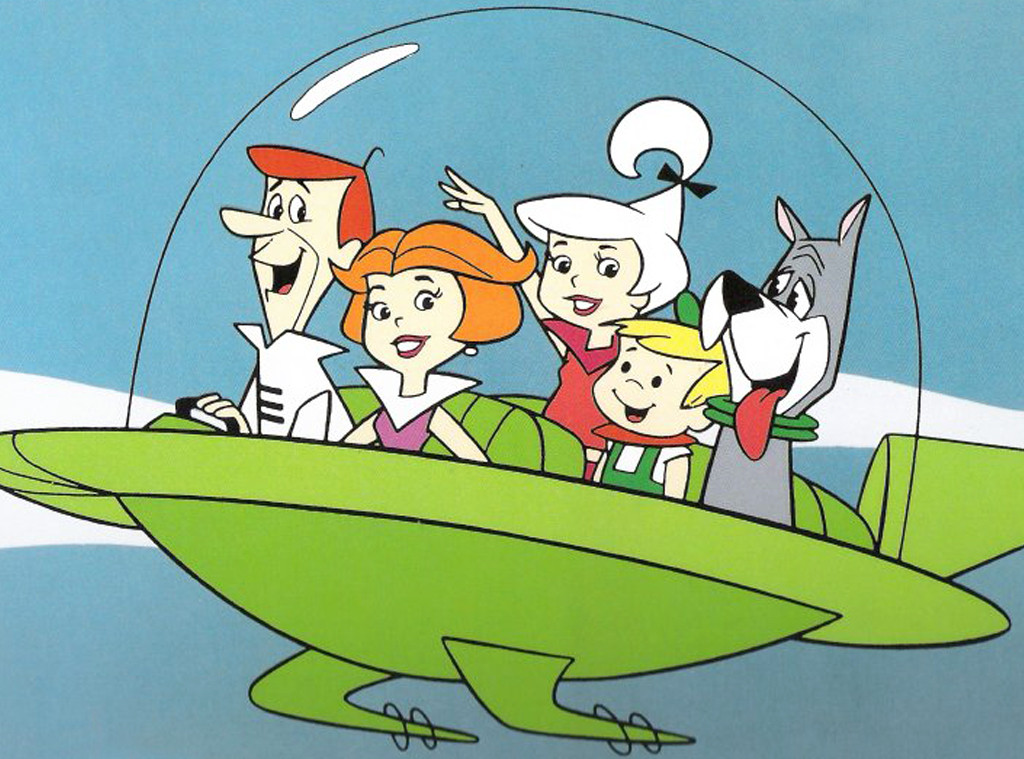
The AppsJack group of local change agents gathered on May 22, 2018 and met with Larry Gales, technologist and former UW faculty member about energy efficiency. Larry is passionate about the environment and shared with the group an "existence proof" he has created about a future where we have reduced our energy usage by a factor of 30x. The problem? Getting there.
Here's how Larry paints the future: he breaks it into two areas and this message is for the general consumer. Area 1 is personal transportation and he has concrete proposals. Area 2 is residential where he also has specific proposals and integration factors between the home and travel. If we think about it, we realize that our biggest personal energy foot prints are indeed in these two areas.
Consumer Vehicles
- First, transportation. Larry proposes that families have three vehicles 1) a 1-person small vehicle 2) a 2-person small vehicle and 3) a larger EV such as a Tesla Model 3. Electric bicycles are also a small aspect of Larry's vision.

Homes and Housing
- Second, homes. Mr. Gales' recommendation for significantly reducing home energy consumption is through the European Passive House model. These homes are airtight and use fans and heat exchangers for efficiency. Although their overall cost to produce is about 5-7% higher than a traditional home, the costs are typically recovered. Larry's ideas also are predicated on much smaller homes of about 1,000 sqft.
- Larry also imagines an interface between the cars and the home in that the big car's battery charges and runs the home, largely.
David Slight shared a new acronym that I had never heard: PESTLE. Pestle stands for Political, Economic, Social, Technical, Legal, Environmental. These are critical perspectives and views necessary to apply when considering a proposal or plan. David's statement is there must be sufficient science and due diligence as well as leaders to lead social change.
The group shared cynicism of the USA's ability to transition into such a vision of the future.
Susan Stringer shared positive news that there is a group of scientists running for office. The group agreed that there is such a vast disconnect between interests and perspectives that a model, resources and great leadership are needed to bridge that gap.
Someone recommended this book about corruption in the American political system. Someone else recommended this episode of Real Time with Bill Maher that showcases Bill Nye.
The Gates Foundation has a program that focuses on changes within the USA, which is really nice to see.
Some cities are painting streets white in an attempt to combat climate change. Sad!
More From Larry
Larry discussed 3 vehicles. The largest one is the Tesla Model 3, which you can find just by googling "Tesla Model 3" or going to Tesla's web site at: https://www.tesla.com/The two tiny vehicles don't really exist yet, but the closest vehicles are called "velomobiles" which may be human or electric powered. You can see images here.
But for the full description, you need to see his PPT at: http://staff.washington.edu/larryg/Energy/CarHouseEff.pptx
Join us June 26, 2018 in Kirkland
Please join us on Tuesday, June 26th for our next gathering to change the world through meaningful dialog and strategic action.
